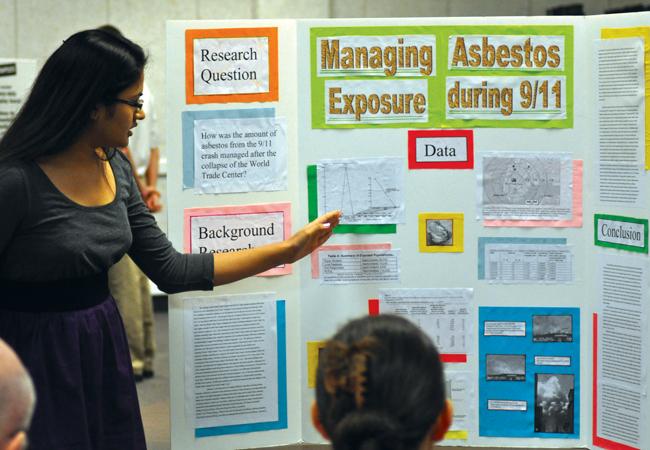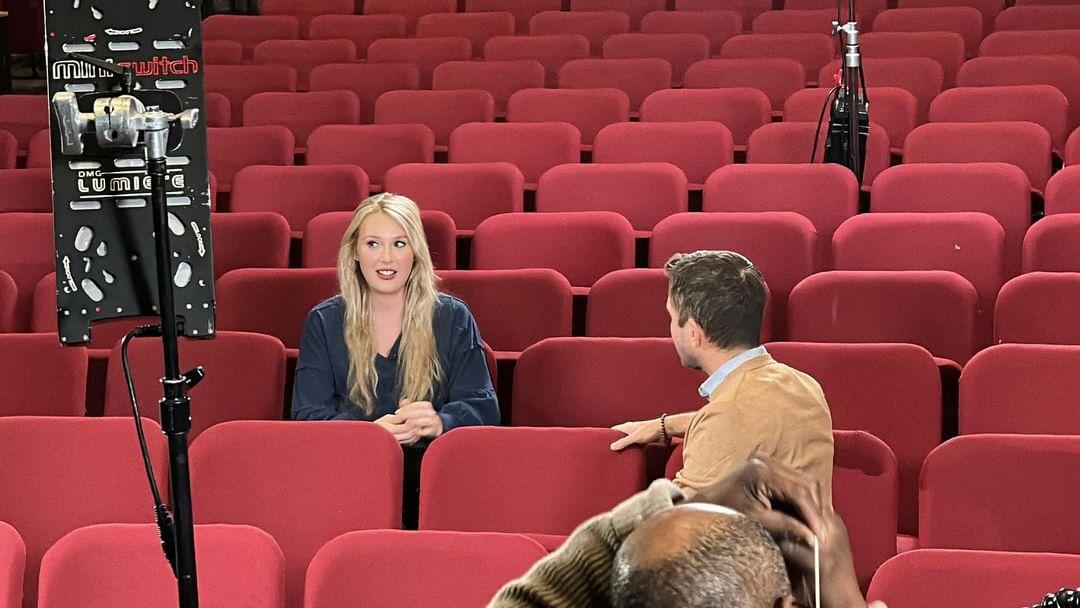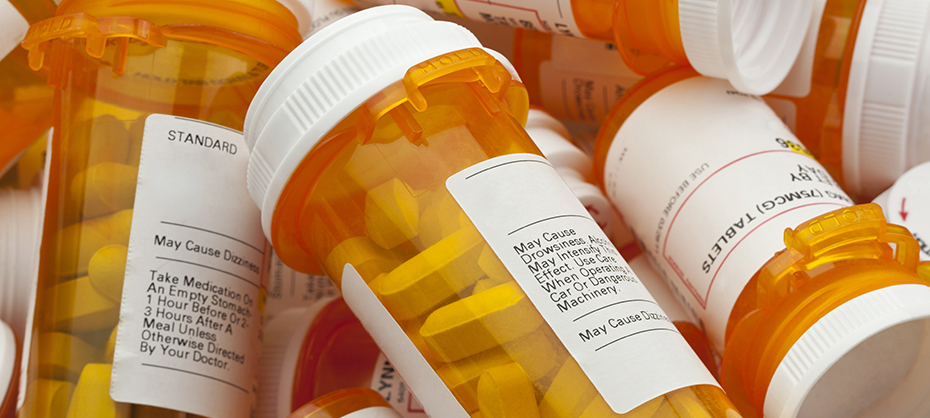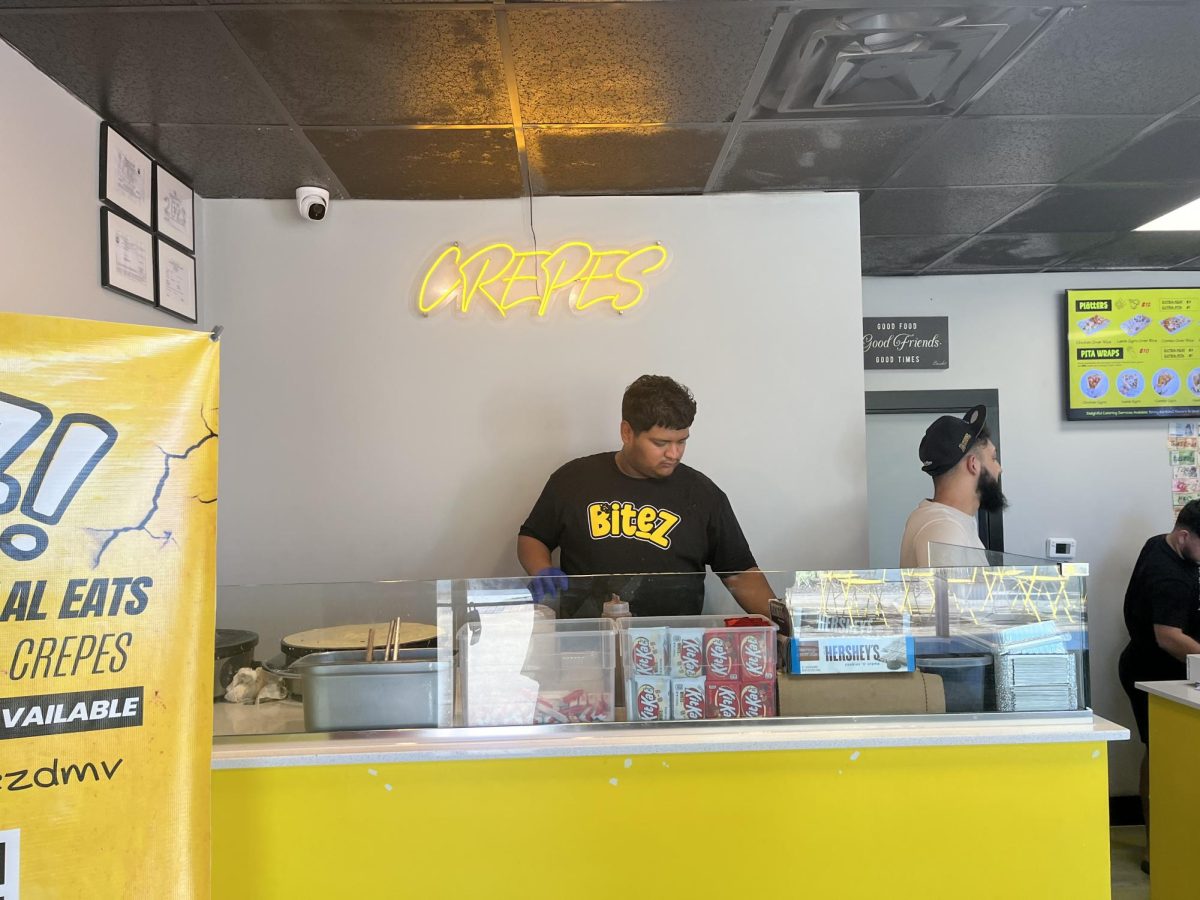
One group of students will be in the cafeteria counting styrofoam trays being thrown away during lunch. Some groups will be collecting data on how electronics are disposed of in AHS. Another will be tracking paper and plastic recyclables throughout the school. These are just three of the many research projects and experiments that students will take part in on Nov. 14 for one of the biggest science projects of the school year: the IB Group IV project.
IB requires its science students to do a ten-hour interdisciplinary project that focuses on the environmental, social and ethical implications of science.
“There will be an in-school field trip on Nov. 14,” IB Chemistry teacher Yaara Crane said. “Students have the whole day to collect data and will be pulled out of class and allowed to go around campus for six hours.”
This in-school opportunity is a big change from how the project was organized in the past.
Last year’s students were expected to complete the bulk of their project out of class. This year however, the students are given opportunities to complete more than half the required time for their project in school.
IB Biology teacher Claudia Lemus notes that since six of the ten required work hours will be spent during the in-school field trip, the remaining four hours will include two hours of planning and two hours on the day of presentations.
These six hours will be the only time the students will be given during school hours to work on their projects, so they’ll have to plan accordingly and possibly finish their experiments on their own time. The students this year are given a lot more freedom to work at their own pace than in previous years.
This year’s Group IV project also differs from the past in how carefully the students’ work is being monitored. Unlike previous years when students were required to turn in progress logs every single week, this year groups will only meet once with teachers on Oct. 24.
This can serve as a blessing and a curse for the students. While they have the leisure to work at their own speed and manage their own time, it can lead to heavy procrastination and hurt their performance in the long-run. “It will lead us to procrastinate,” senior Ahmed Bile said. “I’m meeting with my group for the first time this Tuesday.” Bile finds this problematic since the check-in papers are due to the science teachers that week.
“By Oct. 24, whichever students are not pulling their own weight in their groups will not go on,” Lemus said. “They will get a zero for the Group 4 project.”
Every year, students taking an IB sciences, including IB Biology, IB Chemistry, IB Physics, IB Design Tech and more recently, IB Environmental Systems, must participate in the Group IV project as an internal assessment for whichever class they are taking, so receiving a zero for it can drop their science grade tremendously.
The project is broken into three important factors: planning, action and evaluation. Planning consists of the group meetings where the students decide on what their project will be about. Students should just “imagine any type of waste AHS produces, and basically track it somehow,” Crane said.
Last year, the research topic was natural disasters. It did not require much experimenting for obvious reasons, but was very research heavy. This year, each group (consisting of a student from each subject) had to think of a research question and was given the option of either conducting an experiment, collecting data or researching something and “analyzing it from each science discipline,” Lemus said.
The Nov. 14 in-school field trip is part of the action phase. The IB science teachers have arranged for experts on waste management in the Annandale area to come in on that day to help and assist students with whatever questions they may have about their project.
The evaluation process is the final stage, in which the students have to present their findings to a panel of judges made of IB science teachers and IB representatives. It will take place on Nov. 17 after school. “Two years ago Group 4 used to present with during science fair [in February],” Bile said. “This year they’re on their own.”









